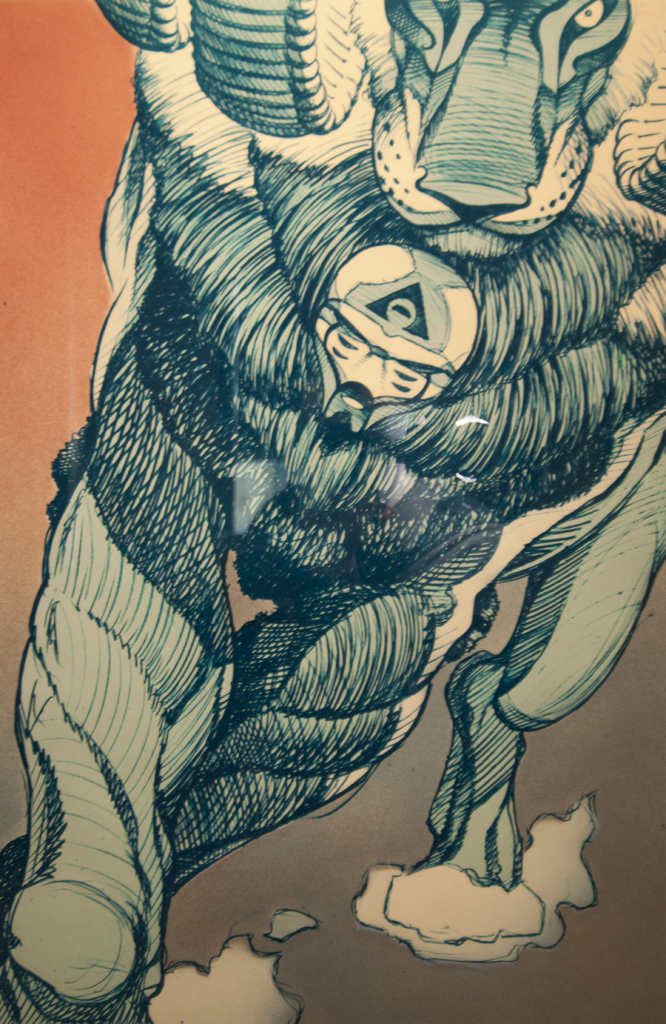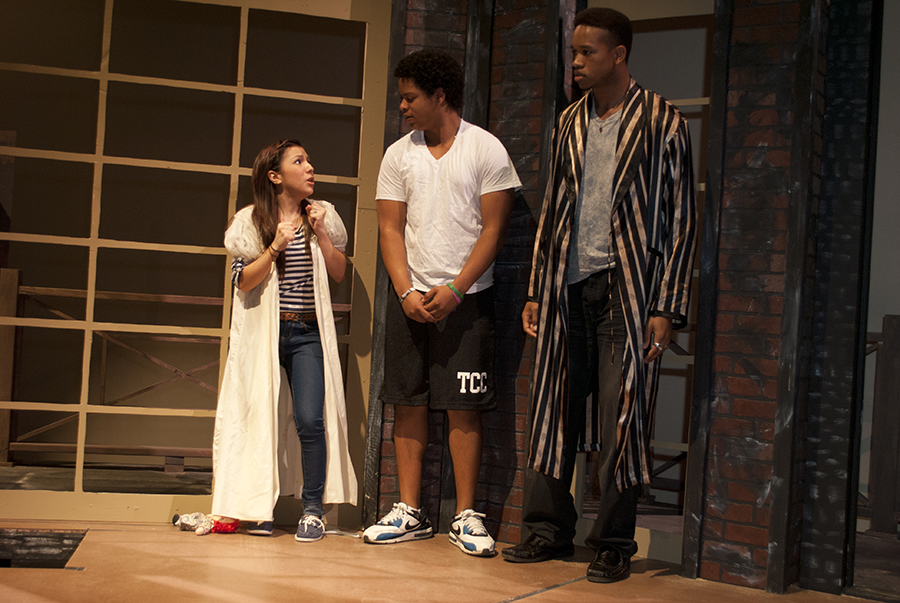By Joshua Knopp/managing editor
TCC, in an attempt to lower textbook costs, is beginning to move toward the widespread use of digital textbooks in its classes.
Vice chancellor of academic affairs David Wells has been pushing the initiative forward for years and said solutions could include use of digital textbooks and consolidating textbooks for similar class sections.
“Our goal is to reduce the costs of texts to students,” Wells said in an email. “That solution may well involve greater use of electronic textbooks, greater use of free materials available online and common text selection for the same courses offered throughout the district.”
NE Campus learning center coordinator Anne Drake serves as chair of the Joint Consultation Committee, which brought up the issue of the increasing textbook costs more than two years ago. Drake performed a faculty survey about digital textbooks for TCC.
“They [teachers] like the idea, for the most part,” Drake said. “The faculty want to do anything they can to lower the cost of textbooks.”
Drake said there was a wide variety of possibilities for digital textbooks, which are derivatives of the same physical textbooks publishing companies currently produce.
However, depending on the company TCC uses to get the digital files into students’ hands, the textbooks can provide much more. There’s potential for teachers to incorporate Internet links, videos and their PowerPoints into the textbooks.
“We’re not looking at something that’s just text on a page,” she said.
Drake also said whatever path TCC takes, students will have the option to print the pages out so those who prefer physical pages can still have them.
Two eTextbook modules, CourseSmart and Café Scribe, demonstrated their products for the college Feb. 17.
CourseSmart, founded in 2007 by five publishing companies, has a library of more than 24,000 digital textbooks and resources, including 90 percent of all core textbooks in higher education, said director of business development David Petty. CourseSmart allows students to share their notes and highlights with each other, and because of the way books are uploaded via CourseSmart, Internet access isn’t necessarily required. Also, 80 percent of CourseSmart’s material is accessible to students with blindness and other disabilities.
Café Scribe is the digital textbook delivery system of Follett, the publishing company TCC currently works with. Its presentation highlighted the “snap summary” feature, which combines notes and highlights into chapter summaries that can be shared between students and also by the teacher. The potential exists for two teachers to start with the same book and end up with entirely different ones.
Chancellor Erma Johnson Hadley said at the beginning of the presentation that her goal is to have something implemented by June or, at the latest, August.
Wells said the college will take whichever path is best for the students.
“The whole idea around the concept,” Wells said, “is to provide something that costs less than the artifacts they already have to buy, either new or used, and to provide an opportunity for the faculty to be more creative with the learning material the students use.”




























